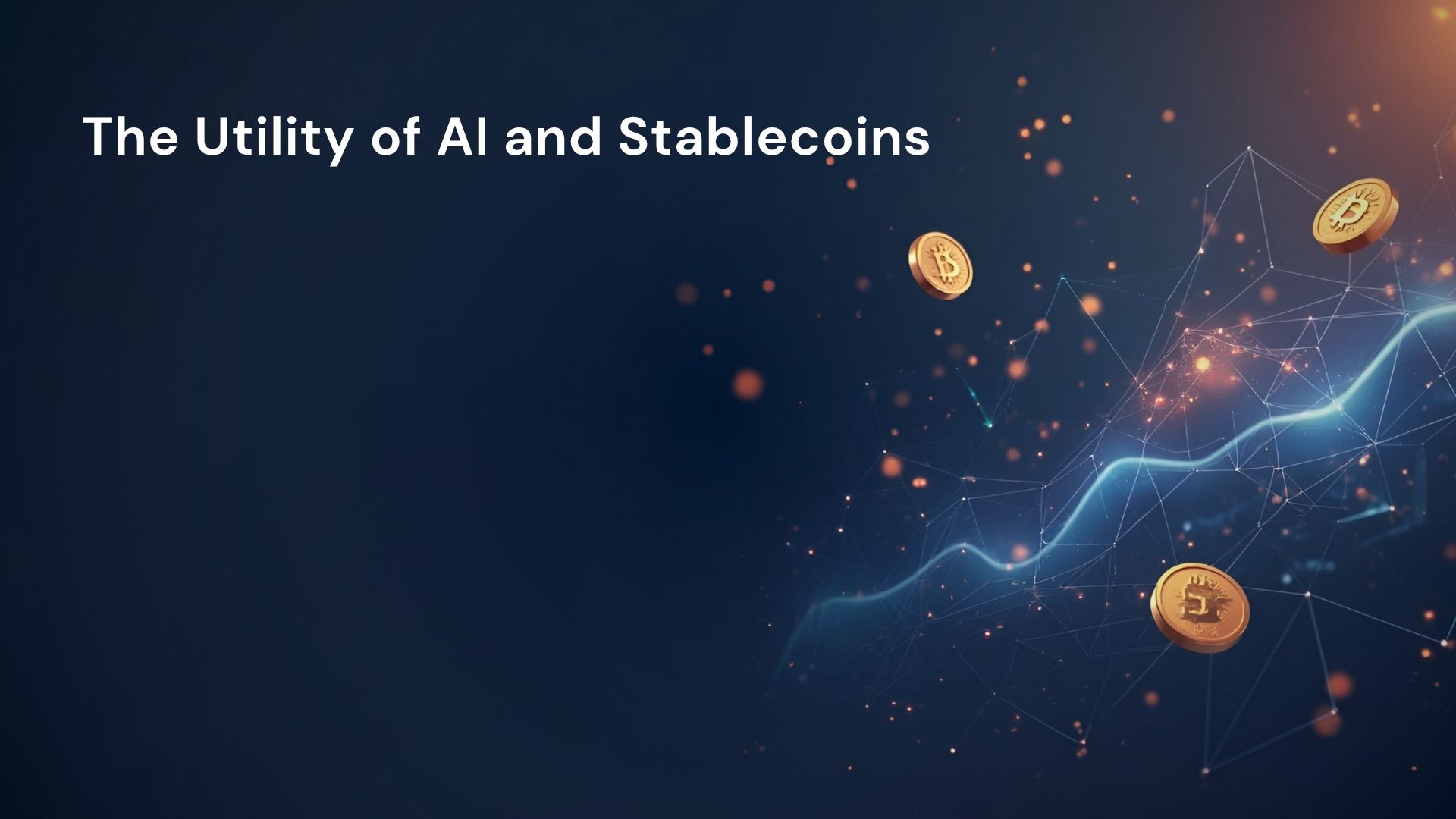COMPANY
Blog
Discover the future of payments on the Bitpace Blog – your destination for innovative payment gateway insights and the evolving landscape of digital finance. Our posts are crafted to explain digital transactions, offering businesses and tech enthusiasts a clear path through the complexities of blockchain and traditional finance integration.
Why Institutions Are Rebuilding Payment Infrastructure with Crypto?
Overview of payment infrastructure
Payment infrastructure refers to the systems and technologies that enable fi…How Crypto Payment APIs Are Changing Global Commerce?
The Utility of AI and Stablecoins
How Institutional Investment in Stablecoins is Building Trust in Crypto?
How Stablecoins Are Being Used in Underbanked Regions?
Merging Digital and Legacy Systems to Create Frictionless Finance
Crypto Payments in Action: The Rise of Stablecoins in E-commerce
How to Accept Crypto Payments [2025 Guide]
This guide provides a comprehensive overview of how your business can start accepting crypto payments. From understanding the core concepts to choosing the right payment gateway and ensuring regulatory compliance, we’ll walk you through each step. Whether you’re a small online retailer or a multinational enterprise, platforms like Bitpace offer tools and infrastructure to integrate crypto payments seamlessly into your operations.









![How to Accept Crypto Payments [2025 Guide]](https://www.bitpace.com/blog/wp-content/uploads/2025/06/How-to-Accept-Crypto-Payments-2025-Guide.png)